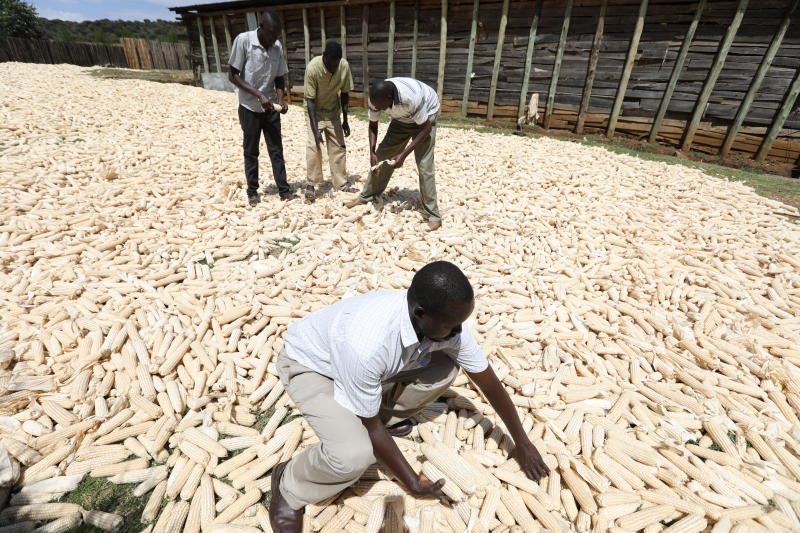×
The Standard e-Paper
Stay Informed, Even Offline

The writing is on the wall for ghost farmers who have been sucking up funds meant for genuine maize growers supplying the grain to the Government.
In addition to counting people in August, the Kenya National Bureau of Statistics (KNBS) will do a tally of crop growers as part of the 2019 Kenya Population and Housing Census.